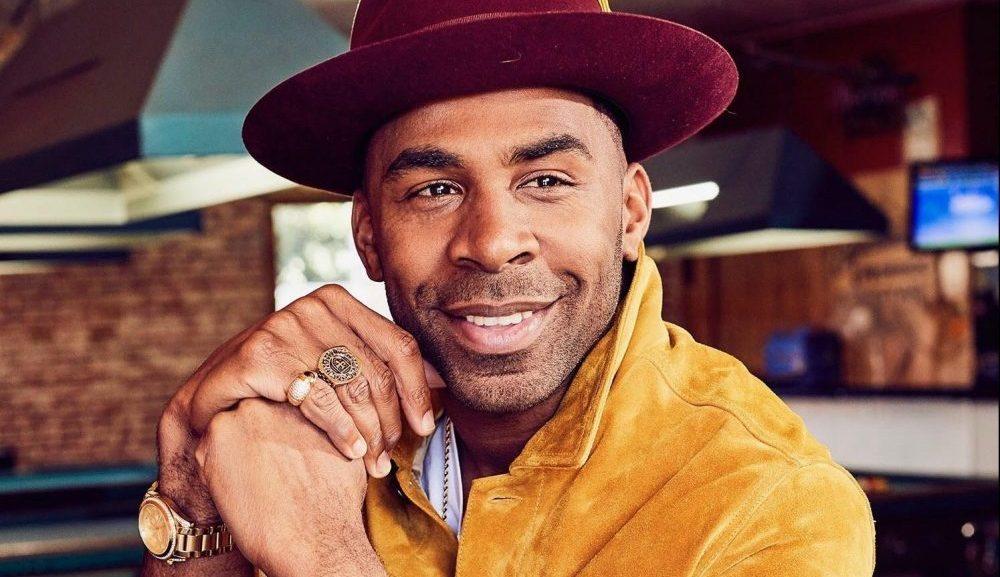
A major artist just left their label — and took the masters with them
In the ever-evolving landscape of the music industry, where creativity and commerce often intertwine in complex ways, the recent departure of a major artist from their record label has sent ripples through the scene. This artist, known for their genre-bending sound and passionate fanbase, has not only severed ties with the label but has also taken the invaluable masters of their work along for the ride. As the implications of this bold move become clearer, the music community is left to ponder the significance of artistic autonomy and the shifting dynamics of power in an industry that thrives on innovation and representation. In this article, we delve into the details of this high-profile exit, exploring the motivations behind it, the potential repercussions for the artist, their former label, and the broader implications for musicians navigating the intricate world of contracts and creativity.
Q&A
Q&A: Exploring the Impact of Artists Taking Masters Upon Leaving Their Labels
Q: What does it mean for an artist to take their masters with them when they leave a label?
A: When an artist takes their masters, they retain ownership of the original recordings of their music, which is crucial for their creative and financial future. Masters are often considered the crown jewels of an artist’s repertoire, allowing them to control how their work is marketed, distributed, and monetized.
Q: Why is this development significant in the music industry?
A: This move signifies a shift in the balance of power within the music industry. Traditionally, labels have owned the masters, which means they control much of the revenue and licensing opportunities. An artist taking their masters is a statement of independence and a push towards greater autonomy in their careers.
Q: How might this affect the artist’s relationship with their former label?
A: There could be various repercussions. Relationships may become strained, especially if the label feels blindsided. However, it can also lead to more amicable terms if both parties recognize the evolving landscape of music ownership and artist rights.
Q: What trends or shifts have we seen leading up to this change?
A: Over the last few years, there’s been a growing emphasis on artist rights and ownership within the industry. With the rise of platforms like Bandcamp and direct-to-fan models, artists are seeking more control over their work and the narratives surrounding it. High-profile cases, such as Taylor Swift’s move to re-record her early albums, have also brought these issues into sharp focus.
Q: What implications does this have for emerging artists?
Meet N1X Da Queen Of A-Pop
N1X Da Queen Of A-Pop Sign up And Enter Her World Streaming Exclusive Music From N1X And Da Super Group Da Queens
Only On N1XMusic.com
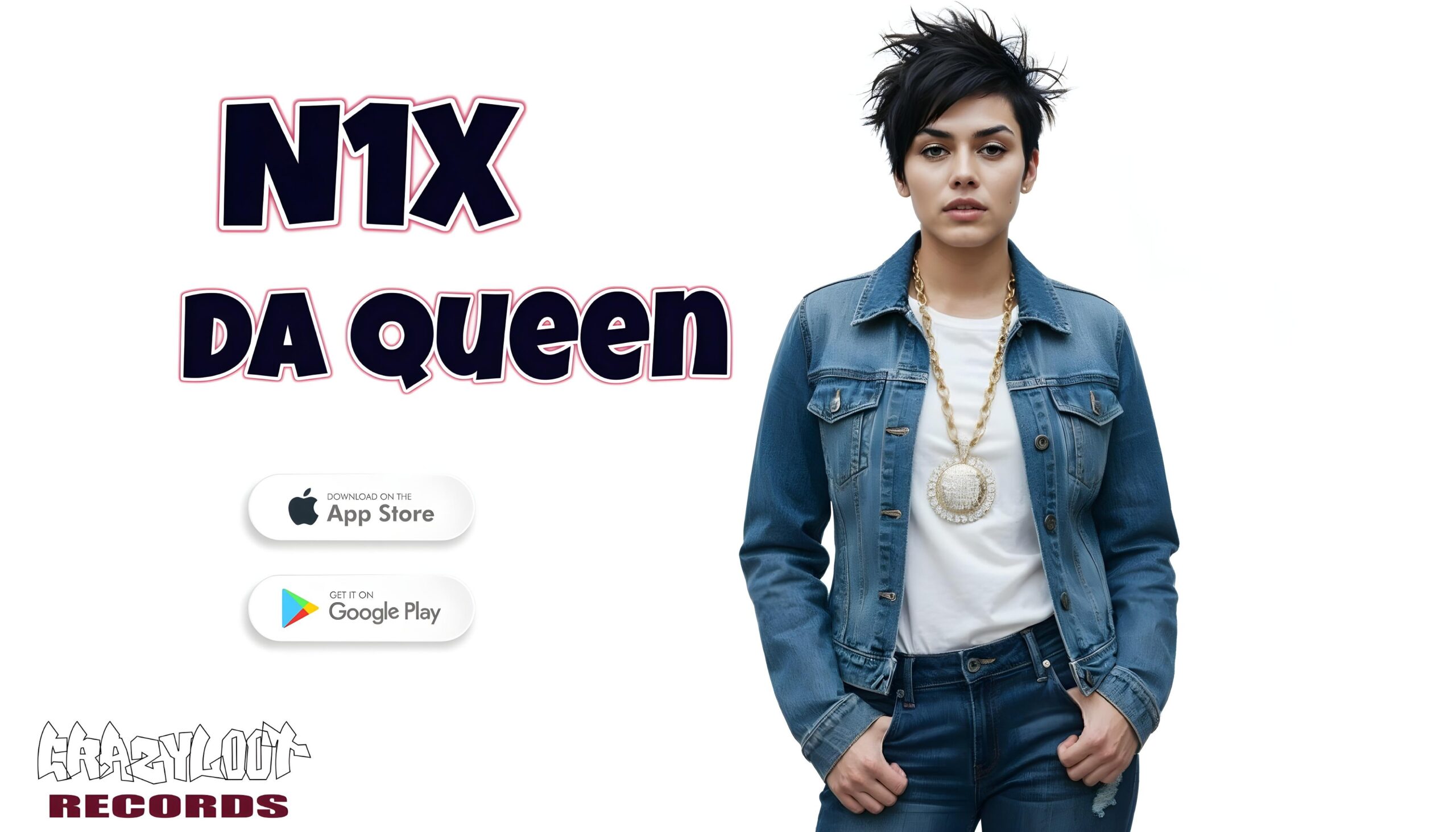
A: For emerging artists, witnessing established names reclaiming their masters could serve as inspiration. It emphasizes the importance of negotiating ownership rights upfront and encourages upcoming musicians to prioritize their artistic independence as they navigate their careers.
Q: What next steps might the artist in question take following this split?
A: The artist may choose to release new music independently or partner with a different label that offers more favorable terms. They could also explore ventures like crowdfunding for their projects, leveraging their audience to support new releases, or even licensing their existing work more strategically.
Q: Could this lead to a significant industry-wide shift in how labels operate?
A: Absolutely. If more artists begin to take control of their masters, labels may be forced to adapt their business models. This could lead to more transparent contracts, better profit-sharing agreements, and an overall evolution in how the industry fosters artist partnerships.
Q: What message does this send to fans?
A: This development sends a powerful message to fans about the importance of artist autonomy. It reinforces the idea that artists are not just products of a label, but creatives with rights to their own work. Fans may become more inclined to support artists who fight for their ownership and integrity.
Closing Remarks
As the dust settles on this seismic shift in the music industry, the implications of a major artist leaving their label with their masters in hand cannot be overstated. This decision echoes a growing trend of artists reclaiming their creative autonomy and challenging traditional industry norms. As we witness the unfolding of this new chapter, it’s essential to consider how it may influence future artist-label dynamics and the broader landscape of music production. With the balance of power slowly tipping toward creators, we may be standing at the precipice of a transformative era, where artistry and ownership intertwine. What lies ahead for both the artist and the music industry at large remains to be seen, but one thing is certain: the conversation about ownership, rights, and creative freedom is far from over.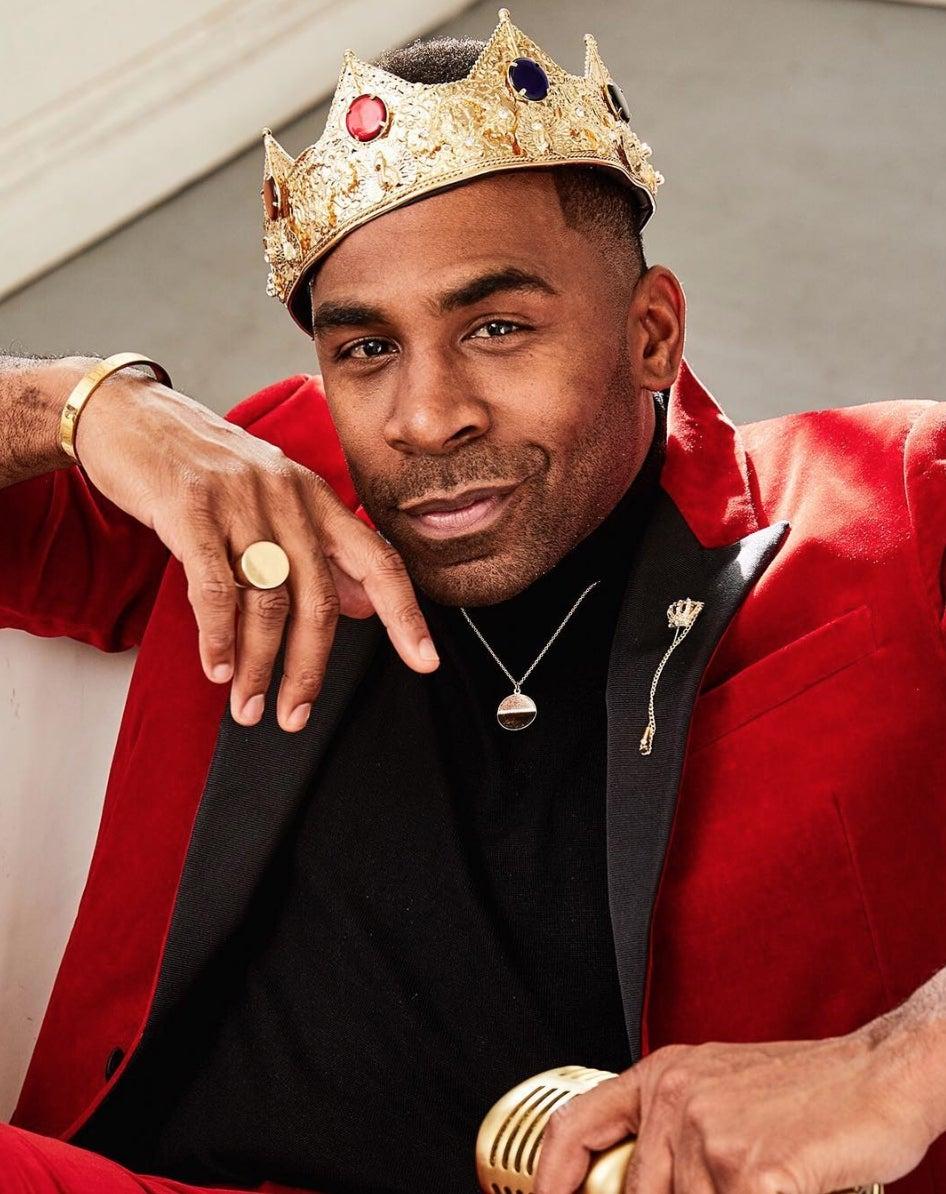
Are you a content creator or someone with a big social media following?
Want to earn real cash promoting The Queen of A-POP?
Join the N1X Music Promoter Program — it’s as easy as:
1️⃣ Sign Up
2️⃣ Promote
3️⃣ Get Paid


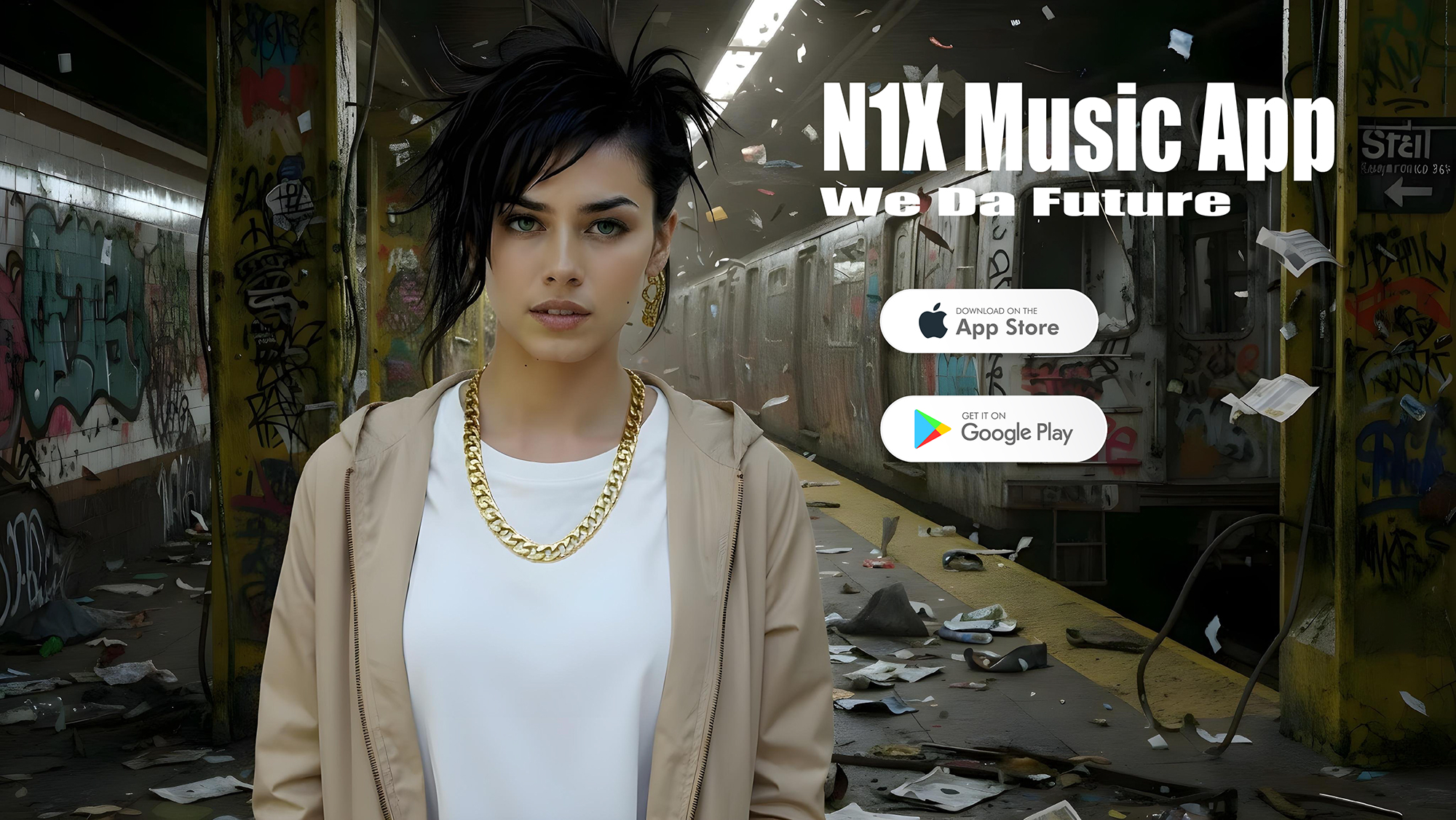
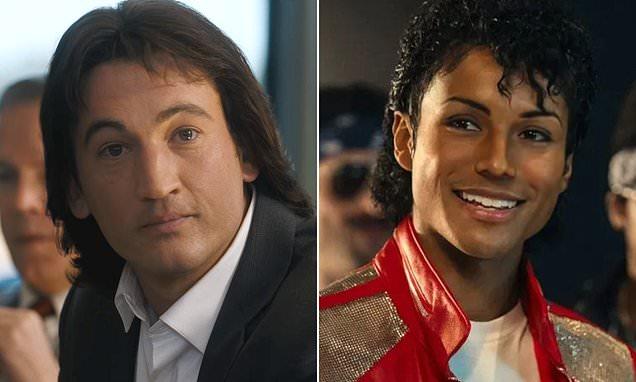
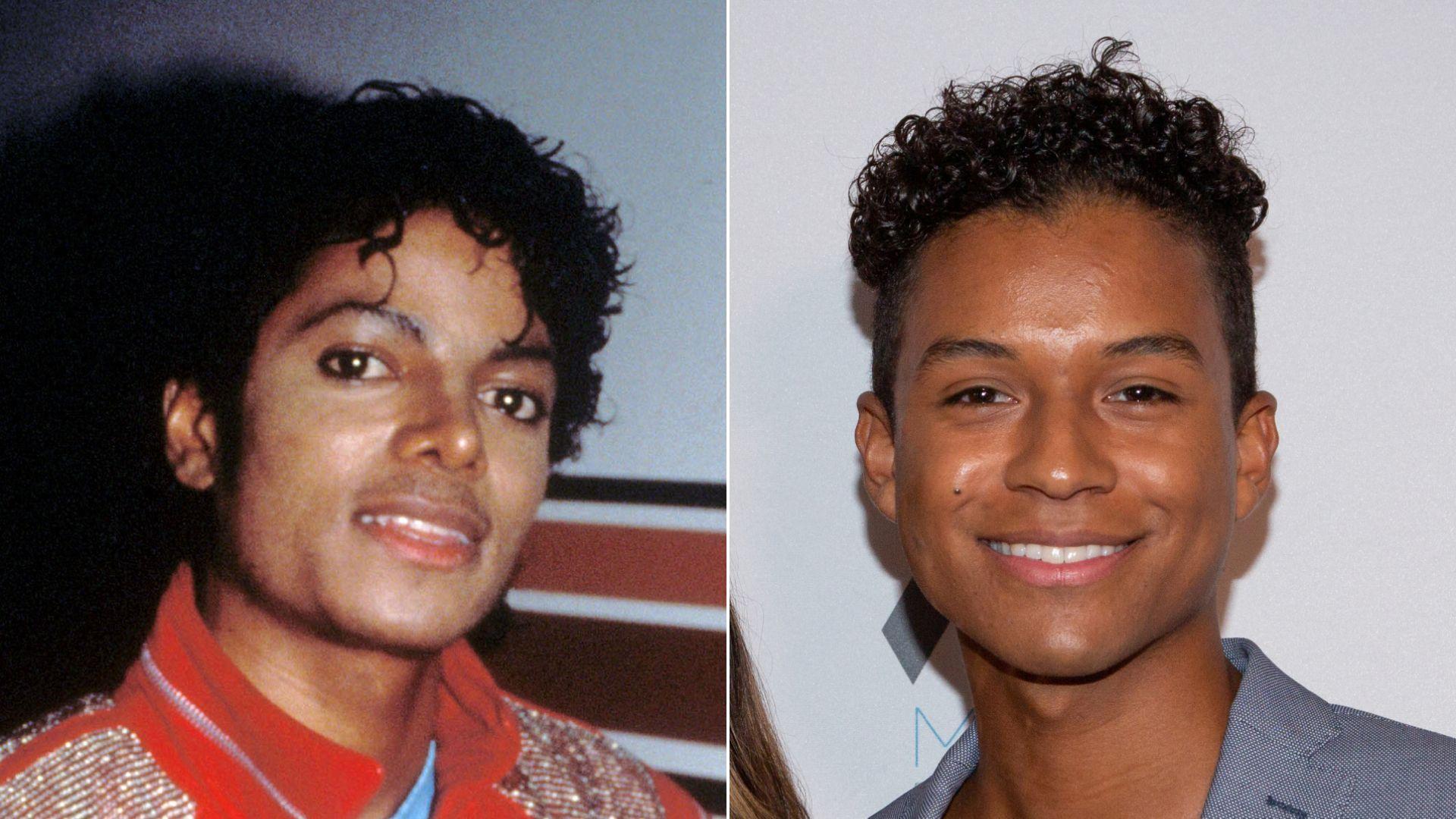

No Comments